Menu
Home > Courses > Childcare & Early Years > Early Years BA (Hons) Top-Up (Part-Time)
This programme is perfect for those working with children and young people that have previously completed the Foundation Degree in Early Years – also offered at the University Centre – or another Level 5 qualification in Early Years/Childhood Studies.
It provides a progression route for students wishing to be part of the graduate children’s workforce of the future and it will be a significant step toward achieving Early Years Teacher Status or Qualified Teacher Status should you wish.
From September 2021 you will also be able to opt to undertake the Graduate Practitioner Competencies (GPC). Successful completion of these competencies alongside your degree will mean you will be awarded Graduate Practitioner Status (GPS). Gaining recognition for Graduate Practitioner Competencies (level 6) is supported by the Early Childhood Studies Degree Network (ECSDN) and is recognised in the Department for Education’s career progression map.
The programme team has worked in partnership with employers to develop a newly refocused programme which is relevant and progressive allowing practitioners to further enhance their skills, knowledge and abilities.
Modules to be studied are:
This programme should challenge and encourage you to ask questions of yourself and your role and deepen your understanding of early years.
Important Links:
Start Date
September 2025
Mix of face-to-face and online delivery.
Delivery Organisation: University Centre Calderdale College.
Entry Requirements & Interview Process
This is a Level 6 entry programme and applicants will normally be expected to have an undergraduate qualification worth 240 credit points including FD Early Years or related area, of which 120 should be at Level 5.
Applicants should also have a GCSE English at Grade C or Grade 4 or above. Those wishing to continue onto Primary Teaching qualifications following the course will need to have Maths and Science at GCSE Grade C or Grade 4 also.
All programmes of study are conducted and assessed in the English language. Hence, applicants seeking admission are expected to be able to communicate effectively in the English language.
Suitably qualified overseas applicants may be required to evidence this by achieving a minimum of International English Language Testing System (IELTS 6.0) or Test of English as a Foreign Language (TOEFL: 550 or equivalent).
There are no appointed placements undertaken in this course however there is the expectation that potential students either be in Full or Part time employment, undertaking at least three days amounting in no less than 16 hours voluntary employment per week in an early years setting.
Applicants who demonstrate in their UCAS application that they have met the academic requirements, thought about the appropriateness of the programme, have a clear idea of their progression route and have the relevant personal skills and qualities will be invited to interview.
Calderdale College actively supports claims for Recognition of Prior Learning.
Progression
On completion of the course, candidates are able to apply for one of the many pathways available into teacher training, including the possibility to undertake a PGCE and gain a full teaching qualification which will enable you to teach the full scope of primary both key stage one and two.
Candidates can also apply for EYITT accreditation which allows opportunity to apply for a position within Early Years and in some instances employment in primary school working with children up to the end of key stage one.
Course Fees
Year 1 £6,143.00 Sept to June
Year 2 £3,070.00 Sept to Feb
Please contact Student Services on 01422 399367 for further information.
All Higher Education students must apply to Student Finance England for assistance towards fees.
Awarding Body
This award is validated by the Open University.
Career Opportunities
Early Years Teacher – following further study
£22,000 – £35,000
Nursery Nurse/Assistant
£12,000 – £22,000
Calderdale College has a set of standard entry requirements. Apply for the course you want to study and we will help you get there.
There are a lot of courses available – work focused, practical and academic so it is important to think about the future and whether you want to proceed to university, move onto another course or get a job. We offer BTECs, Apprenticeships, T Levels, NVQs, VRQs, Degree Level Courses and more.
If you’re still not sure, don’t worry, just speak to a member of our advice and guidance team who will advise you.




Term Dates
Spring Term
6th Jan 2025 – 14th Feb 2025
24th Feb 2025 – 4th Apr 2025
Summer Term
22nd Apr 2025 – 23rd May 2025
2nd June 2025 – 27th June 2025
Calderdale College
Francis Street
Halifax
West Yorkshire
HX1 3UZ
United Kingdom
